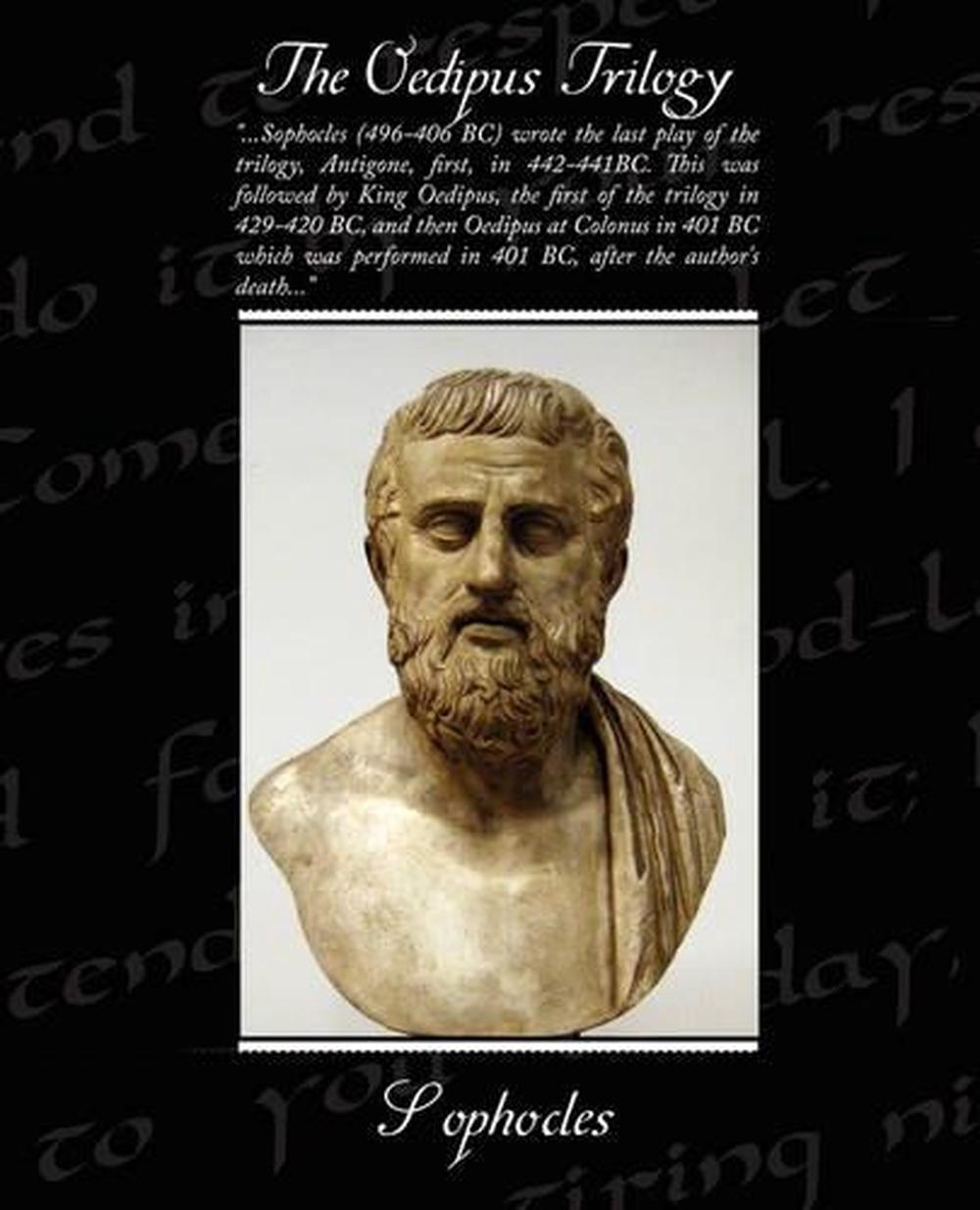
Although physically blind, Tiresias has the foresight of the fate awaiting Oedipus. The character of Tiresias symbolizes the difference between literal and figurative sight in the play. However, his words suggest that he is blind to all these facts, implying a lack of knowledge, and therefore, a lack of foresight. At the same time, he should pity himself because he is the pollution that has brought a curse upon the city of Thebes (Kousoulis et al.). In reality, Oedipus should pity himself because of the misery that awaits him.

He says that “I grieve for them, for their sorrow and loss, far more than I grieve for myself” (Oedipus the King 112-113). Oedipus’s address to the people of Thebes who had come to him to help solve the plague affecting the city suggests that he is blind to his role in causing the plague. In this regard, Oedipus displays a lack of sight, figuratively, because he is ignorant not only of his true parentage but of the fact that he has already fulfilled the prophecy he was trying to avoid. In reality, it turns out that leaving Corinth brought him closer to the prophecy. These words reveal Oedipus’ belief that by running away from Corinth he was avoiding the prophecy. Woes, lamentations, mourning, portents dire Īnd slay the father from whose loins I sprang (Oedipus the King 791-797). He states that:īaulked of the knowledge that I came to seek. Oedipus alludes to his lack of figurative sight when he says that he had run away from Corinth to avoid an ominous prophecy. This is because the man he had killed at the crossroads was his biological father, the late King Laius, while the widowed queen he had married was his biological mother. The elements of figurative blindness are evident in this scenario because Oedipus is unaware that he has unwittingly fulfilled the prophecy that he, and his father before him, had tried to avoid. Part of his reward for solving the riddle is marriage to the widowed queen of Thebes, Queen Jocasta. On his way to Thebes, he meets and kills an elderly man, and once in the city, he is made the king after solving the riddle of the Sphinx. Fearful of the implications of the prophecy, Oedipus runs away from Corinth to avoid fulfilling the prophecy. He visits an oracle to learn about his true parents but is instead told that he will kill his father and marry his mother. When the child grows into adulthood, he hears a rumor that he is not the biological son of King Polypus of Corinth. However, the child is rescued and adopted by the king of Corinth. Determined to avoid this prophecy, Oedipus’s parents gave the order for their infant to be killed and disposed of. The audience learns that Oedipus’ father had been told by an oracle that he would be killed by his son, who would then enter into an incestuous marriage with his mother. Although he is not physically blind, Oedipus is metaphorically blind in the sense that he is unaware that his actions have already fulfilled an old prophecy he has been trying to avoid (Anders 313).

From the beginning of the play, the character of Oedipus displays an acute lack of the figurative ability of sight.


 0 kommentar(er)
0 kommentar(er)
